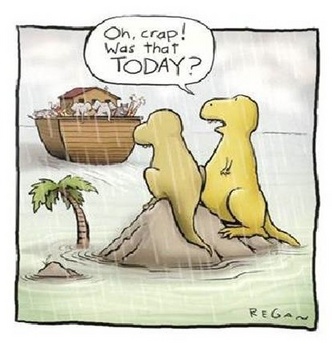Did you read this piece in The Washington Post? The writer, one Gerard Alexander, examines the condescending narratives being used frequently by Democrats and in the American media. The statistics, which are on a pie graph at the site, show that the voters for this survey rated Democrats 70% and Republicans 19% more condescending. By the time he was done, I was convinced these narratives are worthy of our attention and I was convinced he was missing some major narratives on the part of Conservatives. We might have a conversation, as well, on what the major narratives are by the Republicans. I think we can do this with civility.
Every political community includes some members who insist that their side has all the answers and that their adversaries are idiots. But American liberals, to a degree far surpassing conservatives, appear committed to the proposition that their views are correct, self-evident, and based on fact and reason, while conservative positions are not just wrong but illegitimate, ideological and unworthy of serious consideration. Indeed, all the appeals to bipartisanship notwithstanding, President Obama and other leading liberal voices have joined in a chorus of intellectual condescension.
The four narratives repeated by Democrats, according to Alexander, are:
“There may be other ideas that you guys have,” Obama said. “I am happy to look at them, and I’m happy to embrace them. . . . But the question I think we’re going to have to ask ourselves is, as we move forward, are we going to be examining each of these issues based on what’s good for the country, what the evidence tells us, or are we going to be trying to position ourselves so that come November, we’re able to say, ‘The other party, it’s their fault’?”
Of course, plenty of conservatives are hardly above feeling superior. But the closest they come to portraying liberals as systematically mistaken in their worldview is when they try to identify ideological dogmatism in a narrow slice of the left (say, among Ivy League faculty members), in a particular moment (during the health-care debate, for instance) or in specific individuals (such as Obama or House Speaker Nancy Pelosi, whom some conservatives accuse of being stealth ideologues). A few conservative voices may say that all liberals are always wrong, but these tend to be relatively marginal figures or media gadflies such as Glenn Beck.
There’s a conservative narrative if I ever saw one: the radical right-wingers are “marginal” or “media gadflies.”

